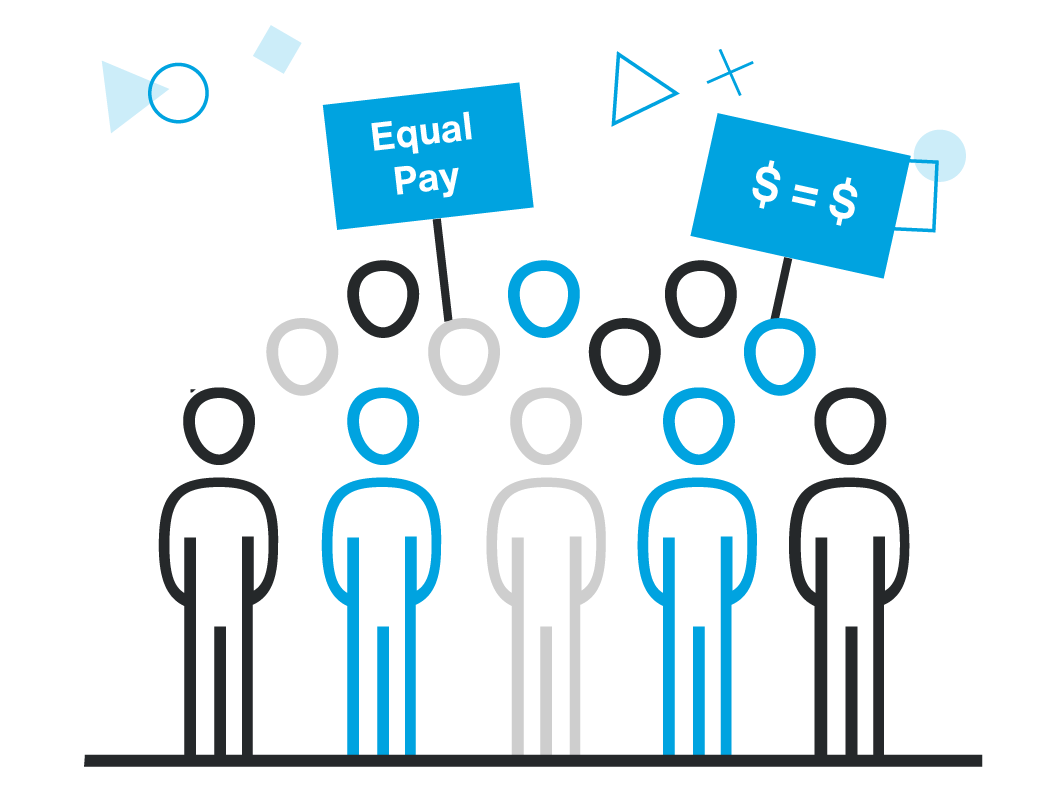
![]()
In 2017, the City of Philadelphia sought to join numerous states and localities in addressing pay disparities tied to gender and race/ethnicity. The City enacted the Wage Equity Ordinance, which contains a salary history ban with two prongs. First, employers in Philadelphia could no longer request salary information from applicants (the “Inquiry Prong”). Second, employers could no longer rely on salary history in setting or negotiating a job seeker’s wages (the “Reliance Prong”). Employers were to be liable for civil penalties of up to $2,000 per violation, with steeper penalties, including incarceration, for repeat offenders.
In a move that should be viewed as being on the wrong side of history, the Greater Philadelphia Chamber of Commerce promptly sued the City on the basis that the salary history ban violated the freedom of speech. After over two years of legal hurdles, the United States Court of Appeals for the Third Circuit upheld the constitutionality of Philadelphia equal pay initiative.
What is a Salary History Ban?
The general policy idea behind salary history bans is to protect job applicants by restricting employers’ ability to intentionally or unintentionally exacerbate the gender wage gap. As the appellate court considering the Wage Equity Ordinance noted, women in Pennsylvania earned 79 cents for every dollar earned by similarly situated men in 2015. If, for example, women are tethered to their salary histories, this pay disparity may never be addressed. As of the date of publication of this post, 17 states and 20 localities have enacted similar regulations, according to HRDive.
What did the Court of Appeals Decide?
At the District Court level, the Chamber of Commerce won a partial victory in that it convinced the Court that the Inquiry Prong violated certain free speech rights. The District Court “enjoined” or halted enforcement of the Inquiry Prong because it determined that the City had not presented sufficient evidence that prohibiting employers from inquiring into prior wages would reduce the wage gap. At the same time, the District Court held that the Reliance Prong could proceed in full force because it did not affect speech rights. In essence, the Court determined that relying on past wages in setting future wages is about conduct and not “the spoken or written word.”
The Court of Appeals disagreed with the District Court’s logic. It noted that the Chamber of Commerce acknowledged in the case that a wage gap exists. It was therefore enough that the City made “a well-reasoned judgment based on the testimony presented to it and the unrefuted existence of the wage gap that banning wage history inquiries would prevent further perpetuation of gender and race discrimination in this context.” In other words, taking action on pay equity does not require 100% certainty that a salary history ban will reduce the wage gap. In so doing, the Court of Appeals sent a message nationwide that cities and localities should not hesitate to tackle equal pay.
What should employers do now?
Employers in Philadelphia can expect both the Inquiry and Reliance Prongs of the salary history ban to resume enforcement. Employers in other cities should monitor local politics for similar ordinances. Many mayors, city council members, and other leaders will have watched this decision and the easier path to equal pay policies it handed down.



